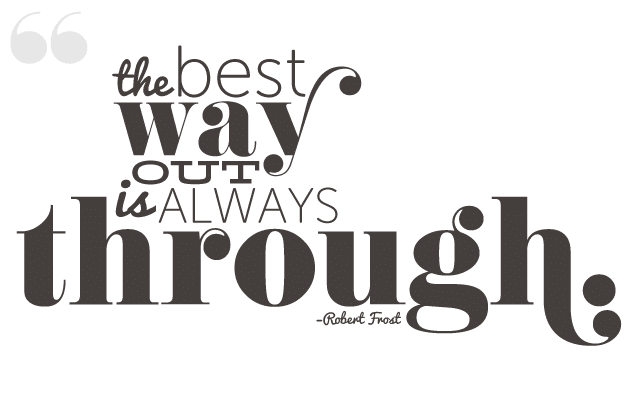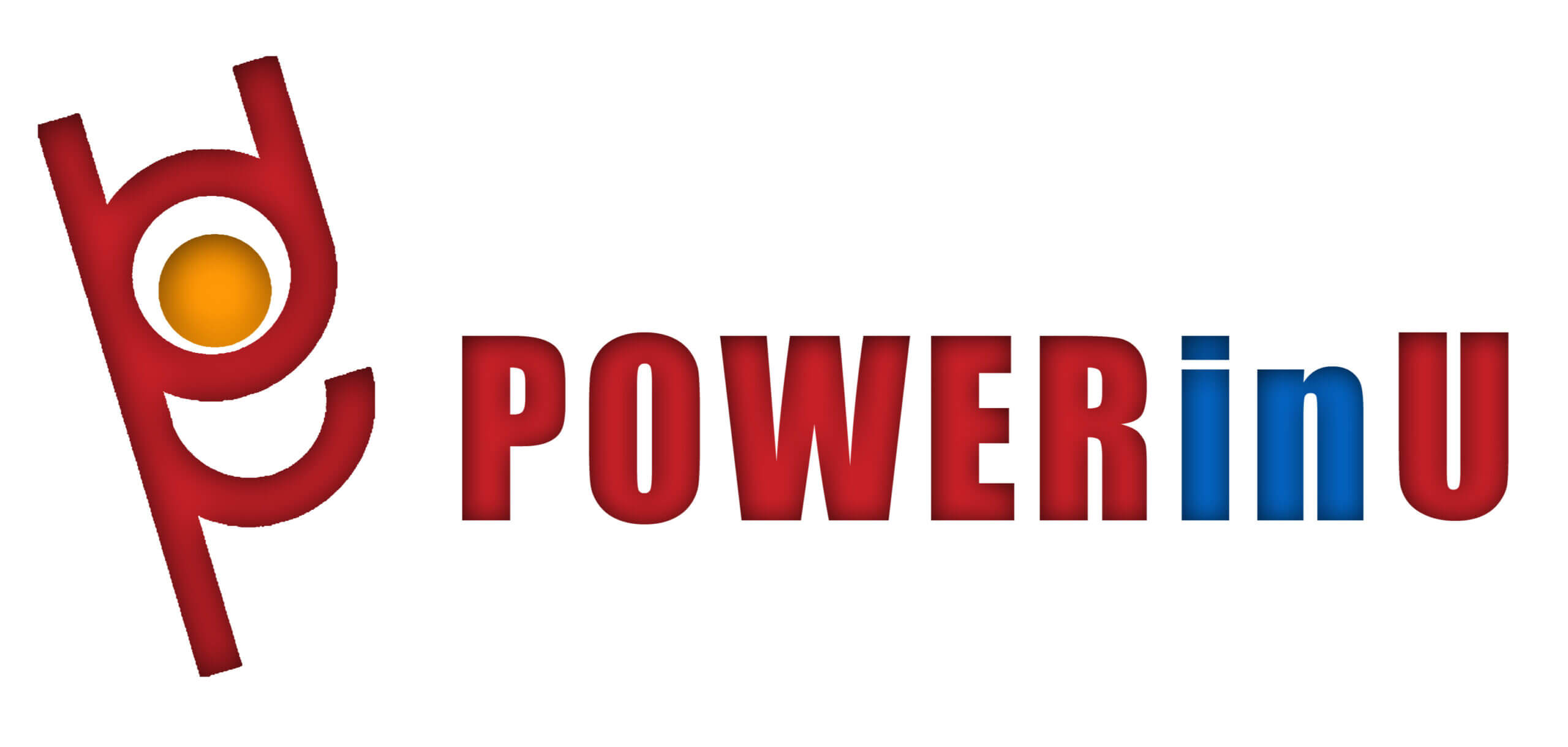“Treat it like you invested on an intense post graduate education”, said my friend over lunch as I shared my challenges and learnings regarding our small food retail business, which I co-owned with two partners.
The big difference from enrolling in a graduate school was that we employed a crew of 12 throughout the year, and we operated our outlet at one of the top malls at the busiest road of Singapore for 12 hours every day for 362 days last year (the mall only closed on Chinese New Year and on its founding day). With no prior experience in owning and running a food retail business, this was a bit overwhelming!
From one perspective, the challenges and learnings I shared with my friend looked like it was all about our small business. Yet from another perspective, it was actually about the challenges we face when we decide to go into and commit to any business – or any major decision, plan or project. I had two key realizations that grew over time.
The first realization was that there were areas I struggled to give up for the business, at this phase in my life. I qualified it because the “non-negotiables” might vary at different phases of life.
One of my favorite authors, Rick Warren, puts it well: Every decision has a price tag. You have to ask yourself what your decision will cost in four areas: time, money, energy, and relationships.
After weighing these four areas, the next question to ask is “Is it worth it?” The answer really depends on what we value most in our respective lives. If the answer is uncertain, then take the time to seriously rethink, reflect or reconsider.
Oftentimes, we focus on the financial investment, and overlook the other areas. I have learned that the more important and difficult considerations are the time to be spent in/for the business; the impact to our key relationships; the alignment to our personal values; and the challenge of sustaining the passion, drive and energy (which could be affected by the time, values, relationship and money factors).
The second realization was something I used to hear from my mom ~ that “Experience is the best teacher”. I had the desire to succeed; the corporate experiences to back me up; and the trainings, mentors and support network to count on. All of them were sources of knowledge, wisdom and guidance.
Yet what counted most were going through it, facing the fears, committing the mistakes, learning and getting better, experiencing both the planting and the harvesting. As Robert Frost has written: The best way out is always through!

My personal example was when I immersed myself into the business operations and customer service, and worked in the shop for a period of time on full shift. One of the things I did was to take a barista course and served customers various coffees. I had a steep learning curve and got frustrated at times. Yet from these experiences, I learned the values of sourcing the right coffee beans, of the science and art of coffee preparation, of well-maintained coffee machines, and of great customer service. Experiences like these boosted my confidence to make business decisions.
Another great positive experience was the opportunity to lead and manage a multi-generational team. My close interactions with a diverse team have taught me a lot about how to address their varying aspirations, motivations and work behaviors. I was especially happy with the opportunity to mentor and impact the lives of our younger team members. Likewise, the interactions with retail customers were joyfully enriching.
On the other side of the spectrum were tough decisions and experiences. One of the things that became so real for me was that entrepreneurship was a 24 hours-7 days a week kind of occupation. This was specially highlighted in food retail business, where the peak periods were the weekends and holiday seasons, which were the times when we would normally rest and enjoy with loved ones. For someone like me who values much time and relationship with family and community, I struggled with this reality.
As co-owners, we also had to make tough decisions that directly impacted the lives of our team, and affected relationships with partners and stakeholders. Collaborating with business partners was a huge learning experience. Business decisions that were not in alignment with personal values were especially challenging.
Indeed, the personal and emotional costs were sometimes stressful and depleting. Times like this made me reflect and reassess: “Do the benefits truly outweigh the costs?” and “Is it worth continuing it or not?”
My friend was correct that this whole entrepreneurial undertaking was like an intense, post-graduate education. The classroom was our food and beverage shop, and the costs to pay and graduate successfully required every precious resource we had like money, time, relationships, values and energy. As a business commitment costs much, seriously weigh whether the costs are worth it or not.
This article was also published in LinkedIn.
